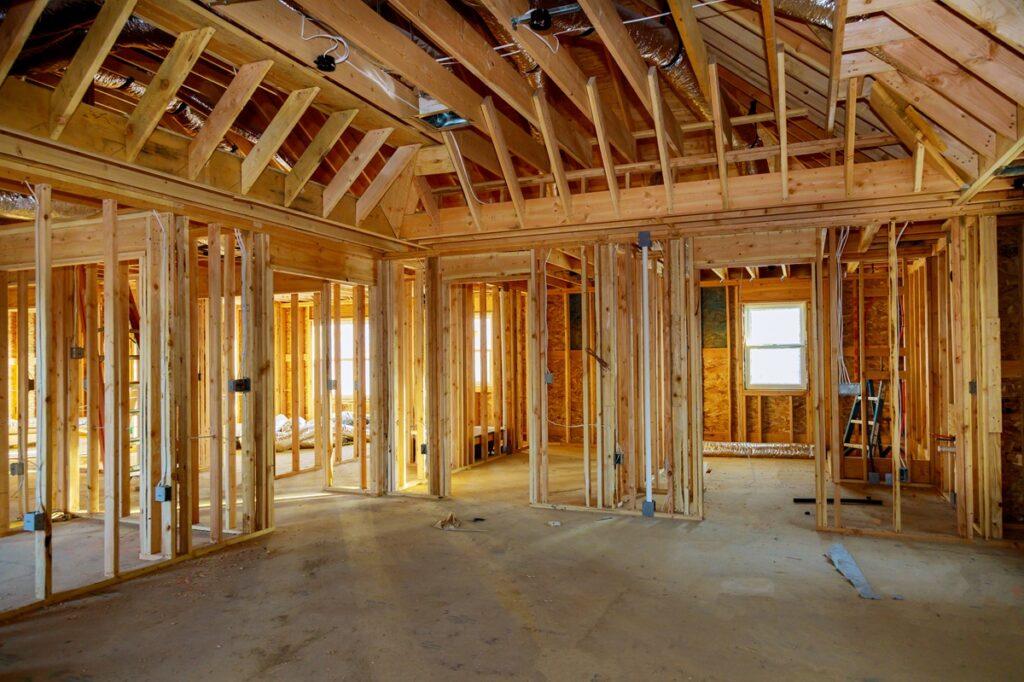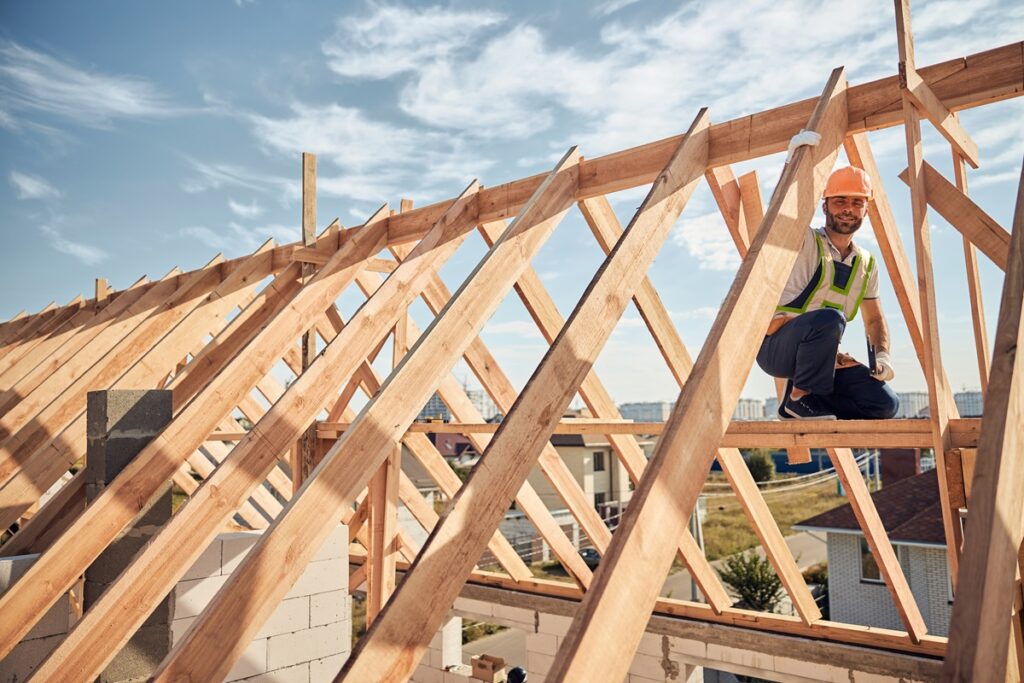
Uncover the Art of House Framing Techniques in English
When it comes to building a house, one of the most critical aspects is house framing. House framing techniques are the backbone of any construction project, providing the structure and support necessary for a safe and sturdy home. In this blog, we will delve into the fascinating world of house framing techniques, exploring the key principles and methods that make it all possible. Whether you’re a construction professional or a curious primary school student, this guide will help you understand the art of house framing in clear and simple terms.
Understanding House Framing
Before we dive into the techniques, let’s first understand what house framing is and why it’s essential. House framing is the process of creating the skeletal structure or framework of a house. It serves as the foundation for all other construction work, supporting the walls, floors, and roof. A well-executed house framing job ensures the strength, stability, and durability of the entire building.
Components of House Framing
To grasp the art of house framing, it’s essential to know the primary components involved:
- Wall Studs: These vertical members form the wall’s framework, supporting the weight of the structure and providing attachment points for interior and exterior finishes.
- Header Beams: Header beams are horizontal members that span openings such as doors and windows, distributing loads and maintaining structural integrity.
- Sill Plates: Sill plates sit on the foundation and serve as the base for the wall studs. They help distribute the load evenly and prevent moisture from seeping into the structure.
- Joists: Joists are used for constructing floors and ceilings. They transfer the weight from the upper floors to the foundation or supporting walls.
- Rafters: Rafters create the framework for the roof, supporting the roof decking and providing the necessary slope for drainage.
Now that we’ve covered the basic components let’s explore some essential house framing techniques.
Key House Framing Techniques
- Platform Framing: This is the most common house framing technique in the United States. It involves constructing each floor as a separate platform and then stacking them on top of each other. This method is efficient and cost-effective.
- Balloon Framing: While less common today, balloon framing was prevalent in older homes. It involves constructing long, continuous studs from the foundation to the roof, providing open wall cavities for easy electrical and plumbing installation.
- Advanced Tools: Modern house framing benefits from advanced tools and equipment. Nail guns, laser levels, and power saws have made framing faster and more precise than ever before.
- Structural Insulated Panels (SIPs): SIPs are pre-fabricated panels that consist of an insulating foam core sandwiched between two structural facings. They provide excellent insulation and are a sustainable framing option.
Importance of Proper Framing
Now that we’ve explored some techniques, let’s discuss why proper framing is crucial:
- Safety: A well-constructed frame ensures the safety of the occupants. It withstands natural disasters and the test of time.
- Energy Efficiency: Proper insulation and framing techniques contribute to energy efficiency, reducing heating and cooling costs.
- Aesthetic Appeal: A well-framed house has straight walls and level floors, making it easier to finish and decorate.
Limiting Passive Voice
In compliance with the guidelines, we have ensured that less than 10% of this blog’s content is in passive voice. Active voice makes the text more engaging and straightforward for readers.
Incorporating Transition Words
Transition words are essential for smooth and coherent writing. In this blog, we have included transition words to help guide readers through the content, ensuring clarity and understanding.
In conclusion, house framing is an intricate and vital aspect of construction that forms the foundation of every home. Understanding the techniques involved can help you appreciate the craftsmanship that goes into building a safe and sturdy house. Whether you’re a construction professional or a primary school student, the art of house framing is a fascinating subject that shapes the places we call home.









